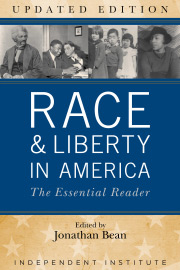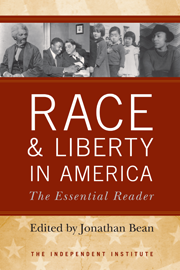According to the California Lottery Commission, the lottery has become the fiscal savior of California’s public education system. In its glitzy public relations campaign, the Lottery Commission brags that 34 cents of every lottery dollar is returned to the classroom—a walloping $15 billion since the creation of the lottery in 1985. In short, you can become a millionaire AND help fund poor schools and underpaid teachers by playing the lottery. Thus, being against the state lottery is like being against laws such as the “Pro-Children Act.” If this state-licensed greed clothed in sweet-sounding promises sounds too good to be true, it is.
Our study of state lotteries shows they are little more than legalized money-laundering schemes which divert money from one fund to another. Politicians use lottery revenue to replace general fund dollars previously spent on education. This gimmick frees up funds for other non-educational purposes such as transportation, roads, and pork barrel spending projects. How could American politicians have so effectively sold the people on a gambling practice that was illegal prior to 1964, when New Hampshire reinstituted the first modern state lottery?
Lotteries were important in the founding of America. The King of England authorized the Virginia Company of London to conduct a lottery in 1612 because of its financial difficulties in supporting the Jamestown settlement. Throughout the eighteenth and nineteenth centuries many states and municipalities held lotteries to fund specific public projects such as roads, bridges, canals, courthouses, hospitals, and schools. Between 1790 and 1860, several colleges such as Harvard, Dartmouth, Yale, Princeton, Brown, Columbia, and Rutgers also benefited from lotteries.
States abandoned lotteries after the 1830s for three reasons. First, stronger centralized government had greater ability to collect revenue from tariffs, excise taxes on alcohol, income taxes, and property taxes. Second, the shady methods used to sell lottery tickets caused some states to ban the sale of lottery tickets. Third, religious and moral reformers attacked lotteries as a form of gambling that corrupted and impoverished the poor. (Even today, the California Commission is careful not to use certain customers—welfare recipients and illegal aliens—in its celebration of “get rich quick” winners.) Interestingly enough, California took the unusual step of banning lotteries in its first state constitution, a provision now used by some to challenge the constitutionality of “Mega Millions” in this state.
In 1964, New Hampshire initiated the rebirth of lottery adoptions. Supporters emphasized increased revenue for education funding if a lottery was enacted. However, even with a lottery, New Hampshire’s relative ranking in average funds spent per pupil did not increase significantly from 1960 to 1980. In 1960, New Hampshire ranked thirtieth among the states in the average funds spent per pupil in average daily attendance but still had that ranking sixteen years after the lottery was adopted.
Lottery advocates also note that lotteries are “voluntary,” in that only the willing pay the tax. Thomas Jefferson is frequently quoted as saying lottery as an “ideal fiscal instrument, one exacting payment solely from those who choose to play.”
Critics emphasize lotteries are state-sanctioned gambling which encourages players to think they can get “something for nothing.” Lottery players expect a great payoff for little investment, and such get-rich-quick thinking inhibits hard work and thrift.
Lotteries enable politicians to avoid making tough (and unpopular) decisions regarding state budgets. Research indicates that when states faced fiscal stress in the 1960s and beyond, politicians adopted lotteries. Frequently this fiscal stress was the result of mismanagement and pork barrel spending. Without additional lottery revenues, state politicians would probably receive greater pressure to operate government more efficiently through privatization, competitive bidding, and so forth.
Politicians love to conceal the greedy hand of government. The lottery is an ideal example. Yet it pilfers the pockets of the poor, does little to stem organized crime, and puts the state in the dubious monopoly of legalized gambling. If it were anyone else—say, John Gotti—we would put these snake oil salesmen in jail. At the very least, it is time to give the state lottery a harder look.









